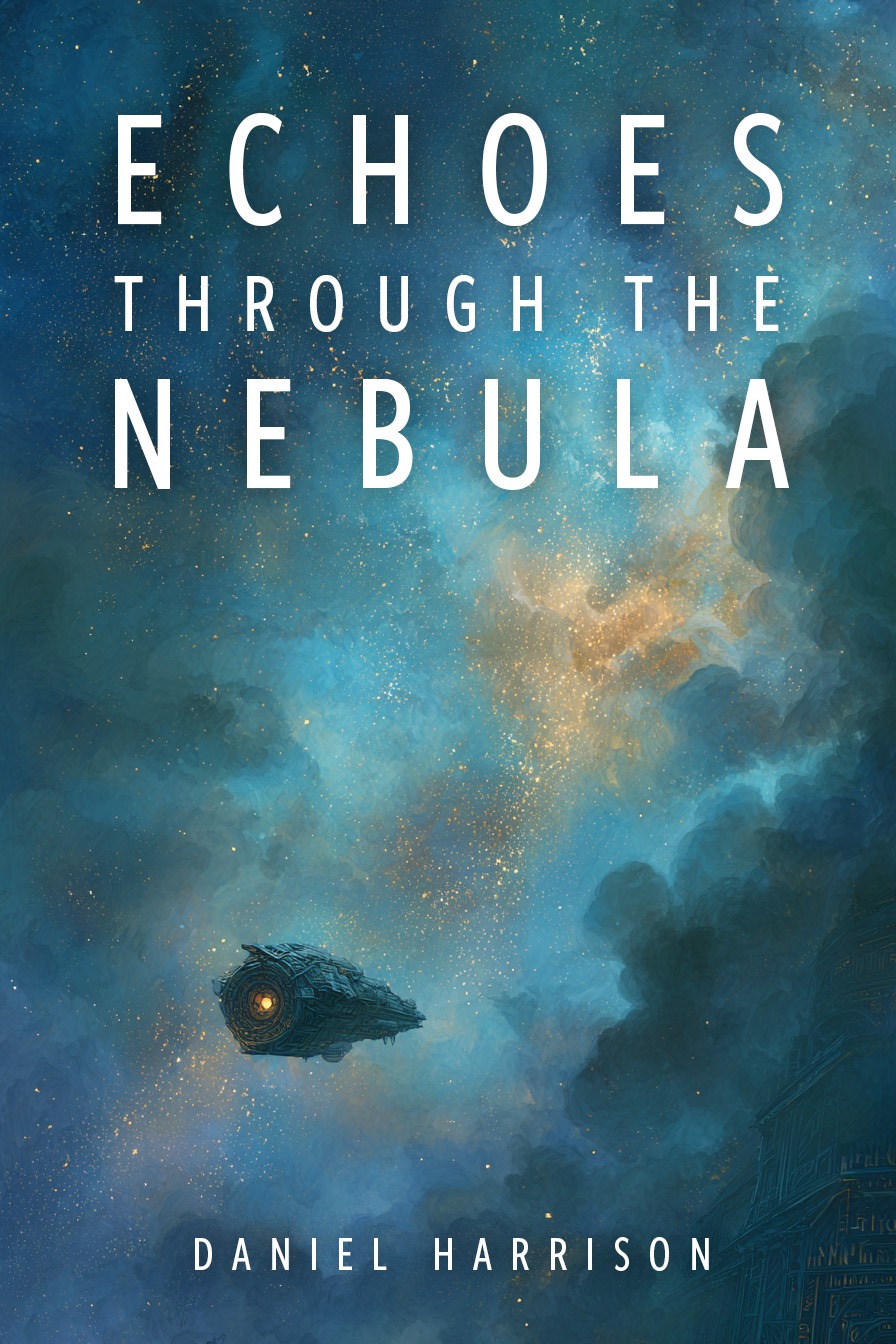I bounced hard off this book, and not because it is quiet, but because it keeps circling its question like a stuck bell.
Every few pages we get the same prompt, the same chime, the same line "what do people need?" until the words lose gravity.
Instead of building pressure toward Kithra, the story diffuses across errands and polite chats with archivists, farmers, and a wind-scoured android, then asks me to treat the diffusion as profundity.
The Navigant Chorus is an extraordinary idea, yet their absence never aches, it just decorates; the plot points feel optional, and momentum collapses under the sermon.
By the time the echo names Mara again, I felt wrung out by repetition and softness. One star, for a couple of lovely tonal images, but I needed more pulse and fewer lessons.
